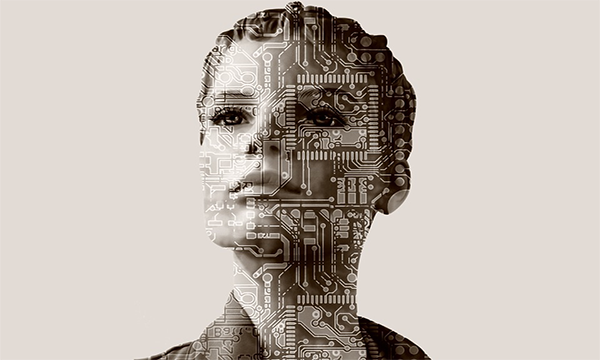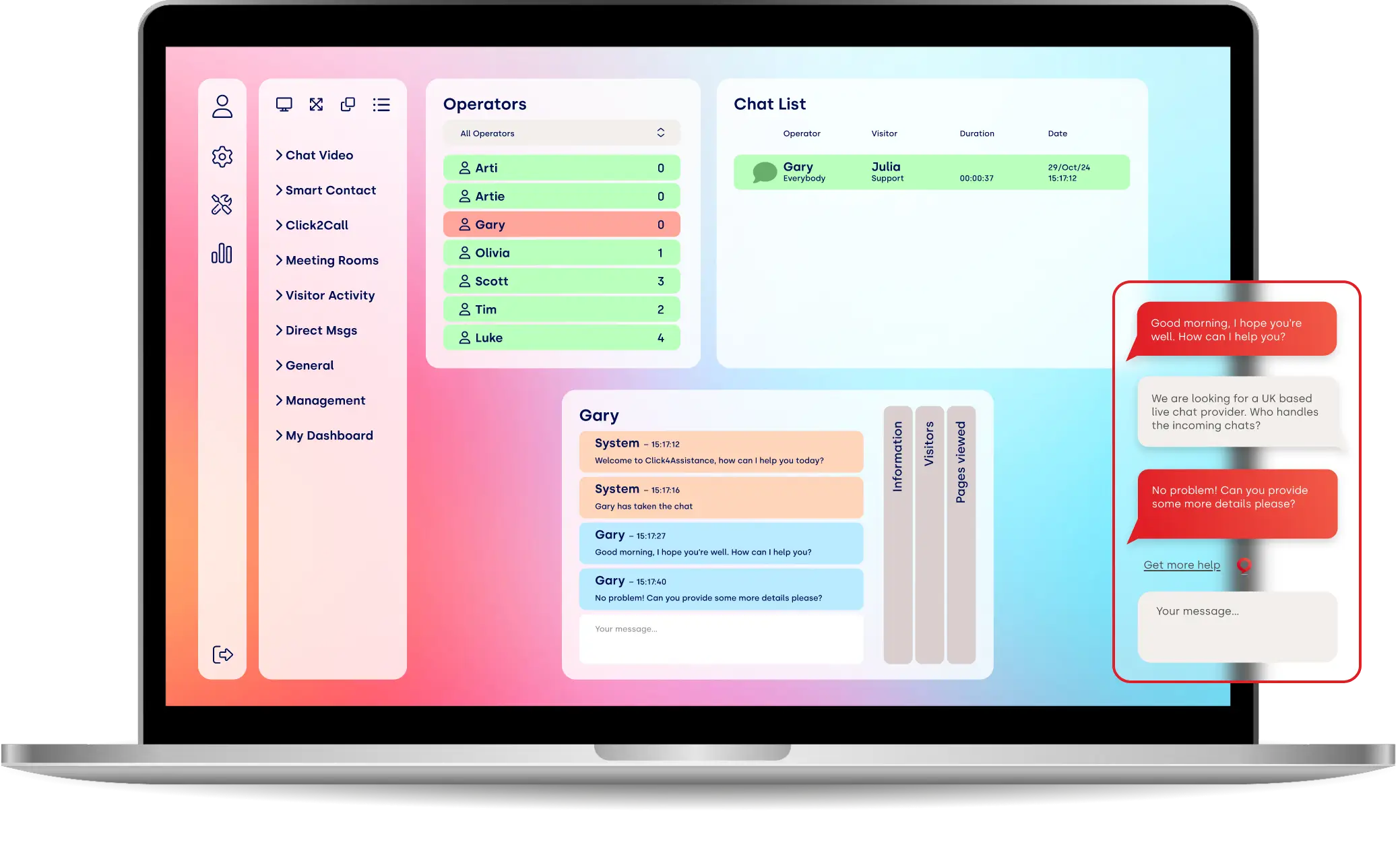What ‘Passengers’ Can Teach Us About Artificial Intelligence

I recently watched the new film Passengers which tells the story of two individuals, Jim and Aurora, on board a spaceship, travelling to a new planet. I noticed that one of the main themes was the use of artificial intelligence.
When Jim goes to the bar, the bartender has, at first, a very humane appearance, but once he moves to fetch a drink for Jim, you see he has no legs and is a robot.
This made me think. People who are using chatbots in their business, are they basically hoodwinking customers? If you can see someone and cannot tell until they move that they are not human, how will you know this when you are talking online?
It’s been said, often by those creating them, that robots and other AI creations will be the future, especially in business. Experts say that artificial intelligence will predict the way we produce, deliver and manufacture. Is that really so?
These are Not Robot Questions
In one scene in the film between Jim and the robot barman, Jim is asking several questions when the barman stops him and says “Jim, these are not robot questions!” which made me think that what if a customer online is asking a series of questions, and it gets to the point where the chatbot fails to answer because it is not programmed to do so or not learning fast enough? It is the business and its brand reputation that is at risk let alone losing a potential sale.
The human mind is very complex and hard to replicate. We can think for ourselves but also react quickly, based on how we feel, without anyone else’s input. Robots and other AI creations, they require human input. No matter how helpful these inventions may be to us; humankind will always overtake artificial intelligence.
In order for these ‘bots’ to think and interpret sentences themselves, the humans primarily register them with the information needed. So really, it’s us that are behind the thought process. As humans, we recognise when someone shows emotion, even on text. We can easily work around their tone and react in the appropriate way, but robots can’t. Which leads me to my next point.
If We’re the Brains behind the Bots, Shouldn’t that Advantage Be Taken?
Humans are much more efficient when it comes to customer service, due to our natural way of thinking and smart reactions. When a customer visits your website, there’s a chance that they want to contact you. Live Chat allows them to reach your business instantly. Live Chat is completely human-orientated, meaning there’s natural thought and responses behind it. And, of course, we can quickly recognise the customers mood, through the approach they take and react accordingly to save our reputation if need be.
No one is expected to know everything but Live Chat allows representatives to involve other colleagues when required or, if it’s easier, transfer the chat to someone else who can deal with the enquiry.
Although the idea seems fascinating, humankind will not cease to be overcome by artificial intelligence. No matter what creations evolve in the foreseeable future, it will never have a mark that only humans could ever leave.





















